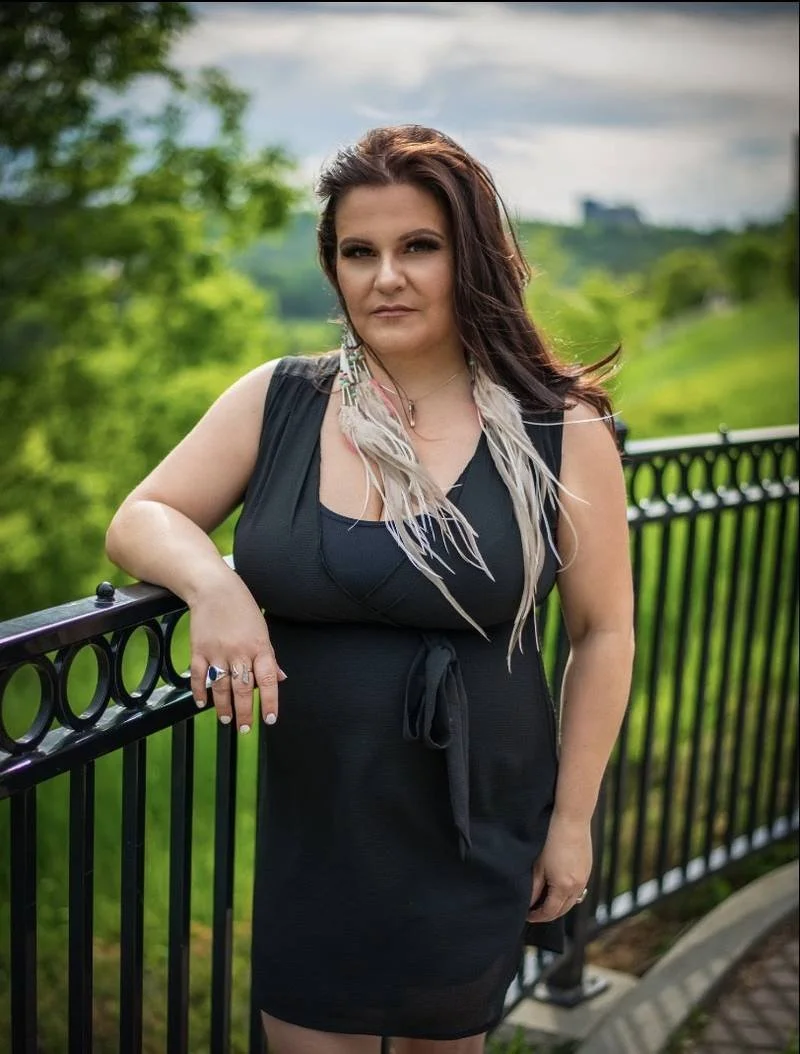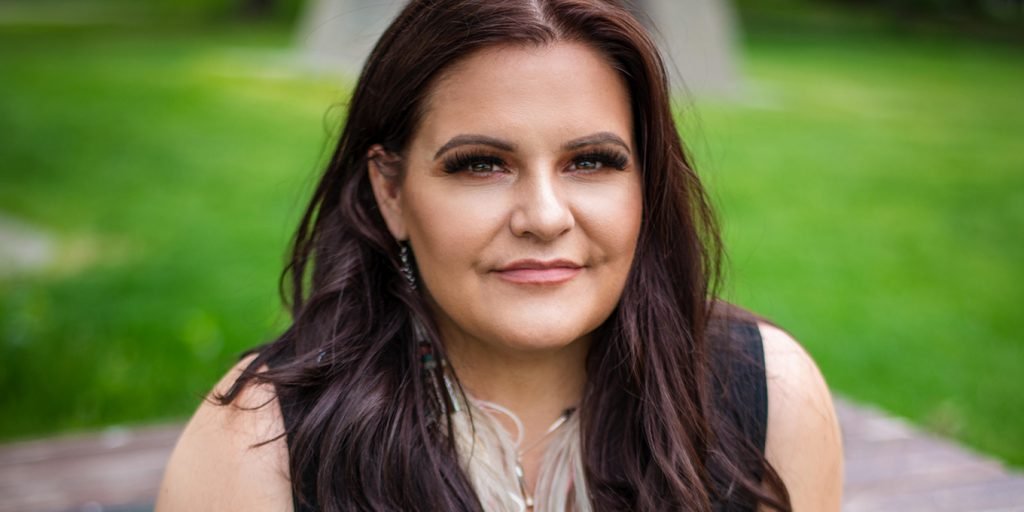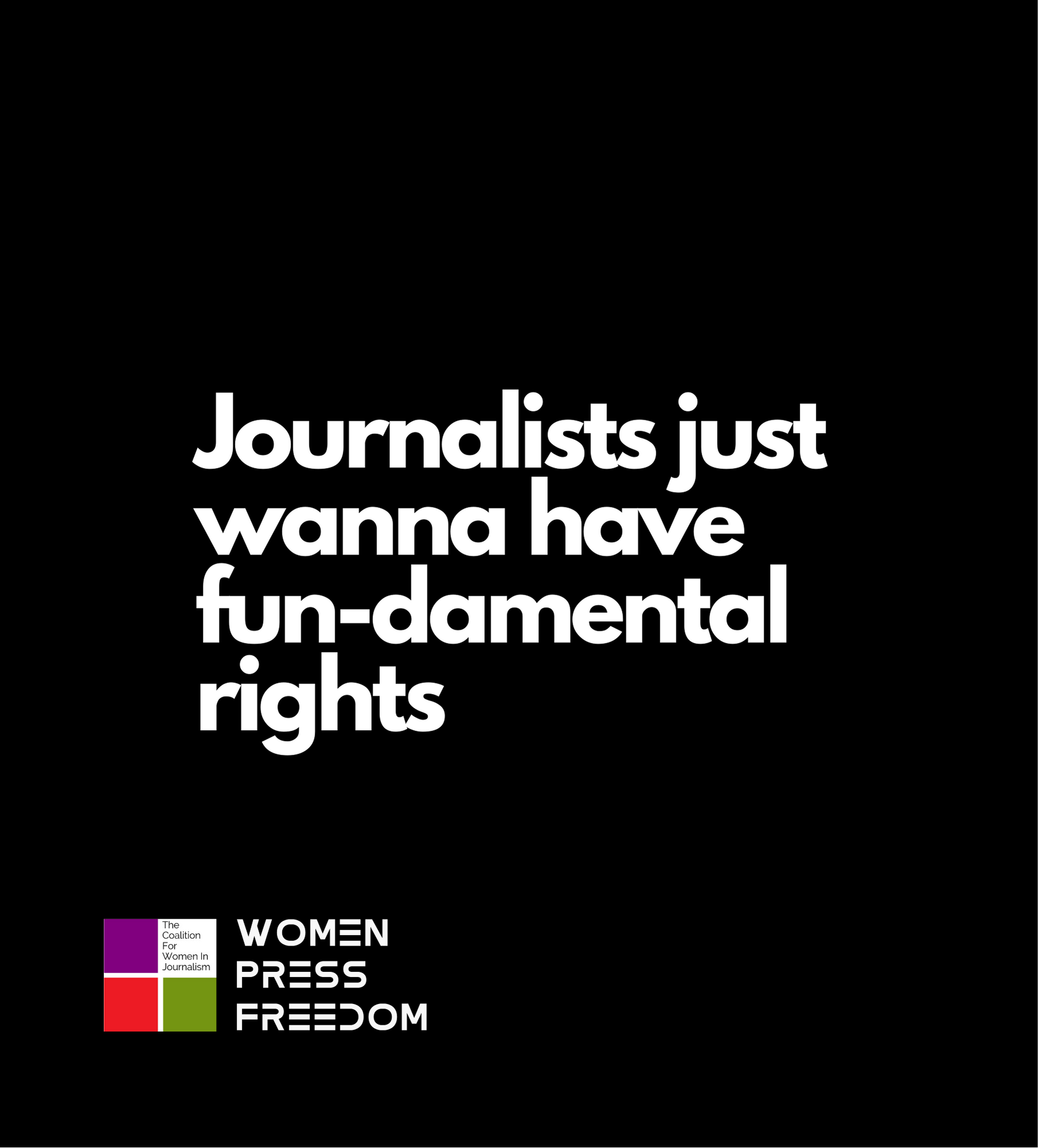Canada: Women Press Freedom Outlines Essential Measures to Combat Police Violence Against Journalists in Canada
With increasing attacks on journalists like Savanna Craig, Brandi Morin, and Amber Bracken, Women Press Freedom calls for stronger legal protections, mandatory police training, and independent oversight to safeguard democracy
Location: Canada
Date: June 25, 2024A free and independent press ensures the public's right to know and that work precisely has always been and will always be a cornerstone of democracy. In Canada, a country that prides itself on democratic values and freedoms, journalists are increasingly becoming targets of police violence. This disturbing trend not only endangers individual reporters but also undermines the very principles upon which Canadian democracy stands, particularly as Canada prepares to enter a critical election season. Political division, irrationality in public discourse, and increasing intolerance, all of them hyped by widespread misinformation and curated disinformation, are all harming the prospects of a solid foundation of democracy in this country. Amidst all that, when journalists, who are often the only objective observers of both, the public and the state, are targeted mindlessly, it creates cracks in the system.
The recent cases of police threats and arrests of journalist Savanna Craig in Montreal, Brandi Morin in Edmonton, and Amber Bracken in Wetʼsuwetʼen territories are just some of the most recent examples of about 17 women journalists impeded or harassed by the police in the last 5 years.
Savanna Craig, a journalist from Montreal, was covering a peaceful protest when she was violently detained by police despite clearly identifying herself as press. Brandi Morin, an Indigenous journalist based in Edmonton, experienced similar violence when she was documenting a pipeline protest. She was aggressively pushed and pepper-sprayed by police, despite her press credentials. Amber Bracken, a photojournalist, was arrested while covering protests against the Coastal GasLink pipeline in British Columbia. She was detained, despite being on assignment for a major publication.
These incidents are not isolated but part of a worrying pattern in which journalists are being treated as adversaries rather than essential witnesses to events of public interest. This shift is profoundly dangerous for democracy. When journalists are attacked, not just their safety but also the public's right to be informed is at risk.
The role of the press in providing transparency and accountability cannot be overstated. In an era marked by misinformation and polarized discourse, the need for accurate, on-the-ground reporting is more critical than ever. The rise in violence against journalists also reflects a broader decline in trust toward media and institutions, a dangerous trend that can erode the foundations of a democratic society.
As Canada heads into an election season, the stakes are even higher. A free press is crucial for fair elections, providing voters with the information they need to make informed decisions. Attacks on journalists can suppress critical coverage of political events and issues, skewing public perception and undermining the electoral process.
Recommendations
To combat this trend and protect democracy, Women Press Freedom recommends several policy measures and actions to be noted by the federal and regional government, members of parliament, and civil society organizations:
Strengthening Legal Protections for Journalists: The Canadian government must enact and rigorously enforce laws that protect journalists from violence and harassment. This includes establishing clear guidelines for law enforcement on respecting press freedoms and imposing severe penalties for those who violate these protections.
Mandatory Training for Law Enforcement: Police officers should undergo comprehensive training on the rights of journalists and the importance of press freedom. This training should emphasize non-violent engagement with media personnel and the critical role of the press in a democratic society.
Independent Oversight and Accountability: Establishing independent bodies to oversee police conduct is crucial. These bodies should have the authority to investigate incidents of violence against journalists and hold officers accountable. Transparency in these investigations is vital to maintaining public trust.
Federal and Provincial Support for Press Freedom: Governments at all levels should publicly commit to supporting press freedom. This can include funding for journalism safety programs and initiatives that promote the importance of a free press in schools and communities.
Support Networks for Journalists: Media organizations and civil society should develop robust support networks for journalists who face violence and harassment. This includes providing legal assistance, counseling, and financial support for those injured or unable to work due to their experiences.
Public Awareness Campaigns: Educating the public about the role of the press and the challenges journalists face is essential. Public awareness campaigns can help foster a culture of respect and appreciation for journalism, countering the narrative that the press is the enemy.
The cases of Savanna Craig, Brandi Morin, and Amber Bracken are stark reminders that no society is immune to the erosion of press freedoms. Addressing the violence against journalists is not just about protecting individuals; it is about safeguarding the core values of democracy.
Inaction is not an option. The stakes are too high, especially with an election on the horizon. As citizens, we must demand that our governments take concrete steps to protect journalists and uphold the principles of a free and open society. Only through collective effort and unwavering commitment to press freedom can we ensure that the Fourth Estate remains a robust pillar of our democracy, capable of holding power to account and informing the public without fear of violence or retribution.
The time to act is now. To review, discuss, or collaborate on any of our advocacy work on this, please write to us at Press@WomenInJournalism.org.
Women Press Freedom, team at the Coalition For Women In Journalism.
Resources
Women Press Freedom is an initiative by The Coalition For Women In Journalism
The Coalition For Women In Journalism is a global organization of support for women journalists. The CFWIJ pioneered mentorship for mid-career women journalists across several countries around the world and is the first organization to focus on the status of free press for women journalists. We thoroughly document cases of any form of abuse against women in any part of the globe. Our system of individuals and organizations brings together the experience and mentorship necessary to help female career journalists navigate the industry. Our goal is to help develop a strong mechanism where women journalists can work safely and thrive.
If you have been harassed or abused in any way, and please report the incident by using the following form.






















